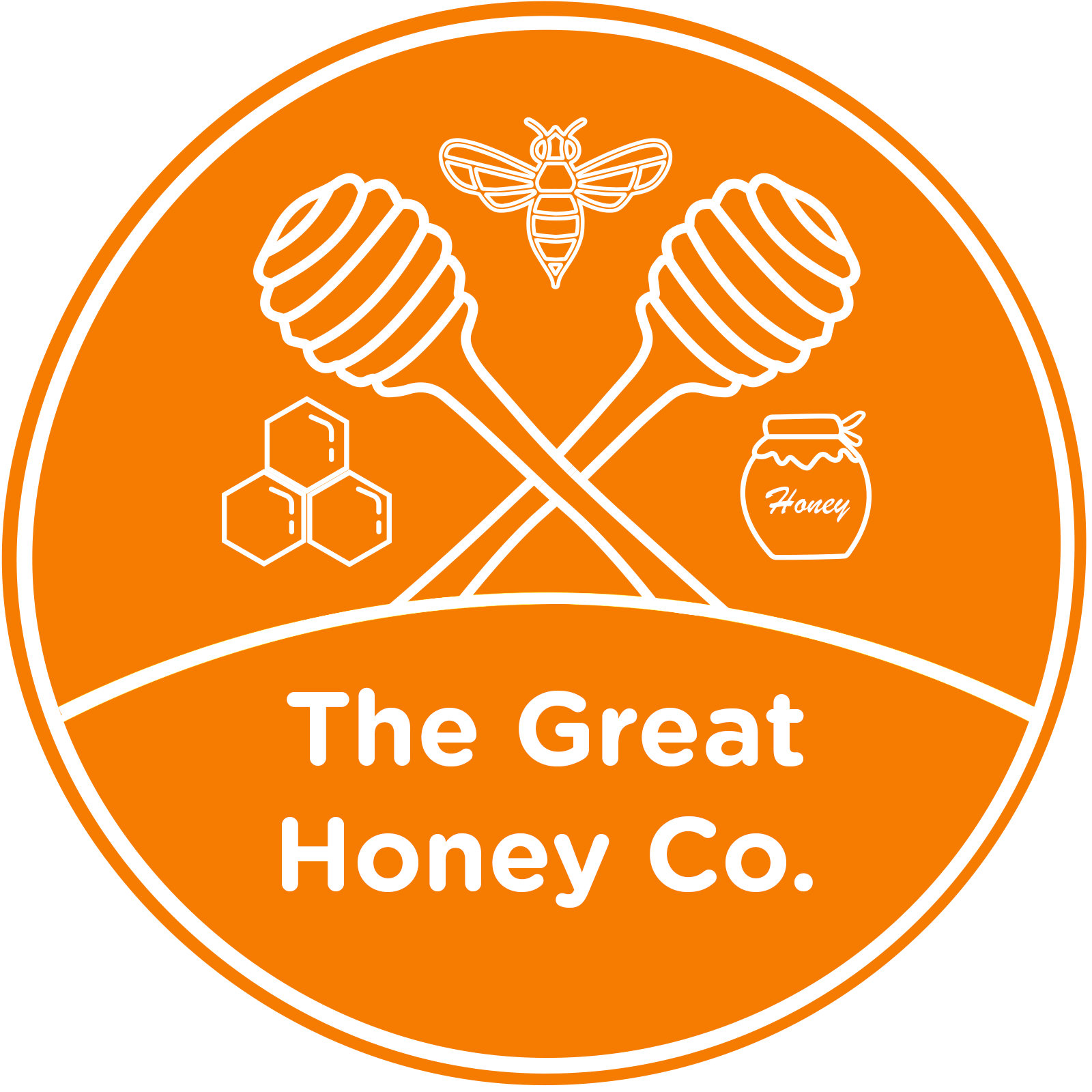Unveiling the World of Beekeeping.
A Guide to Nature’s Guardians
There’s something truly magical about the delicate dance of honeybees as they flit from flower to flower, diligently collecting nectar and pollen. Behind this mesmerising display lies the captivating world of beekeeping – a practice that not only yields golden, delicious honey but also plays a vital role in our ecosystem.
The Buzz of Beekeeping
Beekeeping, also known as apiculture, is the art of nurturing and maintaining bee colonies for various purposes, primarily honey production. However, beyond the sweet reward of honey, beekeeping holds profound significance in agricultural pollination, biodiversity, and environmental sustainability.
The Basics: Setting Up a Hive
Getting started in beekeeping requires careful preparation. Here’s a quick guide to setting up your hive:
-
- Selecting the Right Location: Choose a spot with ample sunlight, protection from harsh winds, and minimal disturbances for your hive.
-
- Acquiring Equipment: Essential tools include protective gear (such as a beekeeper’s suit, gloves, and veil), a smoker to calm bees, and the hive components (hive boxes, frames, and foundation).
- Obtaining Bees: Acquiring a colony can be done through purchasing packaged bees or capturing a swarm. It’s advisable to start with a nucleus colony or a “nuc,” containing a queen, worker bees, and brood.
The Art of Beekeeping
Once your hive is established, maintaining the colony involves various tasks and responsibilities:
-
- Regular Inspections: Conduct routine hive inspections to monitor the colony’s health, check for pests or diseases, and ensure the queen is laying eggs.
-
- Harvesting Honey: Honey extraction involves removing frames filled with capped honey, uncapping the cells, and using a centrifuge or extractor to collect the honey.
-
- Managing the Hive: Throughout the seasons, beekeepers must provide adequate nutrition, manage pests like mites, and ensure the hive’s population is thriving.
Beyond Honey: Environmental Impact
Beekeeping goes beyond just honey production. Bees play a critical role in pollinating crops, contributing significantly to agricultural productivity. Their work impacts the growth of fruits, vegetables, and other crops, making beekeeping an integral part of sustainable agriculture.
The Joy of Beekeeping
Engaging in beekeeping offers numerous rewards, both tangible and intangible. Not only does it provide a source of delicious, natural honey, but it also fosters a deeper connection with nature and the environment. The sense of accomplishment and the joy of observing the intricate workings of a bee colony are unparalleled.
Conclusion
Beekeeping is an ancient practice that continues to captivate individuals worldwide. Beyond its sweetness, it serves as a beacon for environmental stewardship, biodiversity preservation, and sustainable agriculture. As we delve into the world of beekeeping, let’s appreciate the industrious honeybee and its profound impact on our world.
So, are you ready to embark on this journey into the enchanting world of beekeeping?
Feel free to elaborate on specific aspects of beekeeping, like the importance of bees in the ecosystem, the different types of hives, or the intricacies of honey extraction. There’s so much to explore in this fascinating world!
Beekeeping, also known as apiculture, is the practice of nurturing and maintaining colonies of honeybees. It involves the management of beehives for various purposes, primarily for the production of honey, beeswax, pollen, royal jelly, and other bee-related products.
Hive Management
Beekeepers maintain artificial hives where honeybees live and produce honey. These hives consist of several components:
-
- Brood Boxes: These are where the queen bee lays her eggs and where young bees develop.
-
- Honey Supers: These are additional boxes where bees store surplus honey. They contain frames where bees construct honeycombs and store honey.
-
- Frames and Foundation: Wooden or plastic frames with wax foundation sheets are placed inside the hives to provide a structure for the bees to build their combs.
Colony Care
Beekeepers monitor the health and behaviour of their bee colonies. This includes:
-
- Regular Inspections: Checking the hive for signs of disease, pests, and overall colony health.
-
- Feeding: Providing supplementary food to bees during times of scarcity or in preparation for winter when natural forage is limited.
-
- Pest and Disease Management: Implementing measures to control parasites, like Varroa mites, and diseases that can affect bee colonies.
Honey Harvesting
One of the primary rewards of beekeeping is harvesting honey. The process involves:
-
- Harvest Preparation: Identifying when the honey is ready for extraction by checking if the honeycombs are capped.
-
- Extraction: Removing the frames filled with capped honey, uncapping the cells, and using a centrifuge or extractor to separate honey from the comb.
-
- Bottling: Store the extracted honey in jars or containers for consumption or sale.
Pollination and Environmental Impact
Beyond honey production, bees play a crucial role in pollinating crops, contributing significantly to agricultural productivity. Beekeepers indirectly support food production by renting out their colonies to farmers for pollination services, thus aiding in the growth of fruits, vegetables, and other crops.
Importance
Beekeeping is vital for biodiversity, sustainable agriculture, and ecosystem health. Bees pollinate a significant portion of the world’s crops, ensuring food production and supporting natural habitats. They are integral to maintaining a balanced ecosystem and preserving plant diversity.
Conclusion
Beekeeping is both an art and a science, requiring care, dedication, and knowledge of bee behaviour and biology. It offers not only the sweet reward of honey but also a deeper connection to nature and a role in preserving our environment. As more people recognize the importance of bees, beekeeping continues to be a valued practice globally.
Whether pursued as a hobby or a profession, beekeeping allows individuals to become stewards of these remarkable insects, contributing to a healthier ecosystem and a sweeter, more sustainable future.
